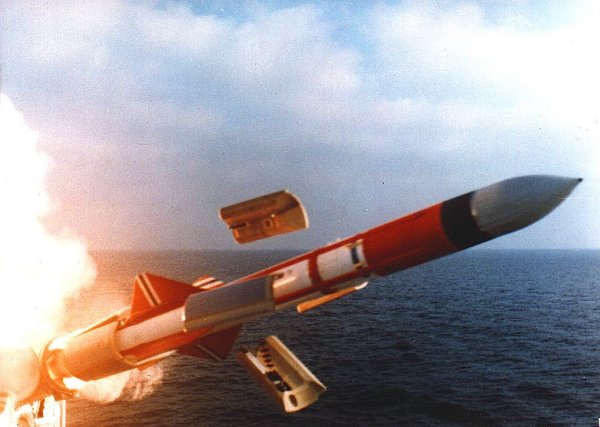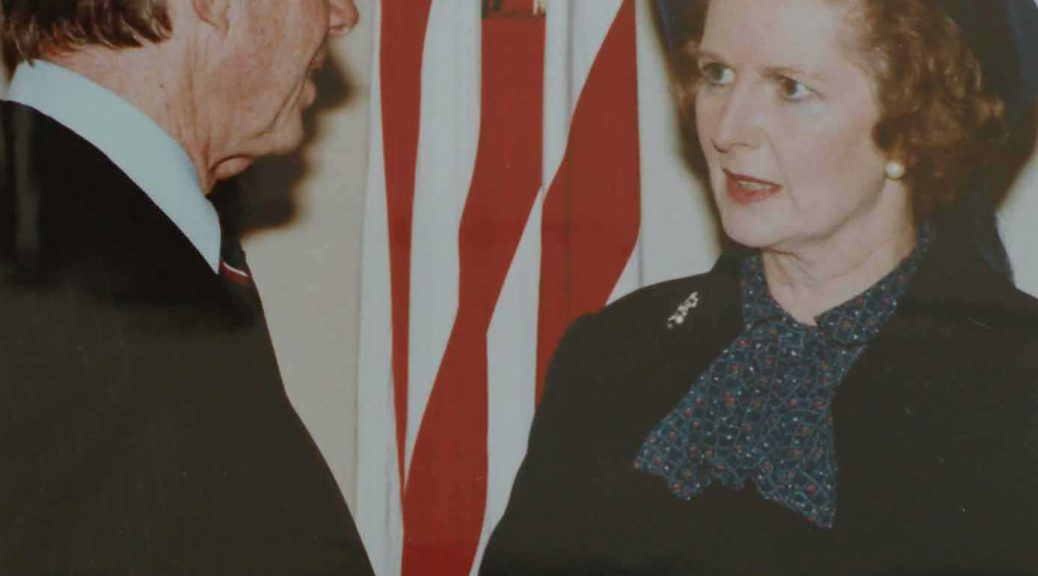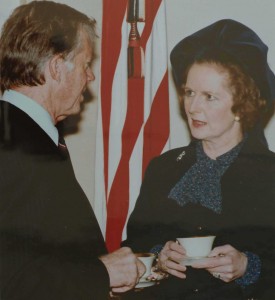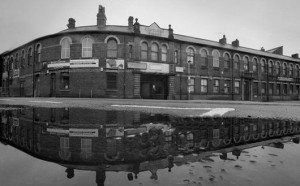On the Falklands War: Military Victory
The Argentineans were claiming to have destroyed a British Harrier but a BBC journalist famously disputed those facts ‘I counted them all out and I counted them all back’. The press however was revealing information that the Argentineans could use. The Belgrano’s destruction was a major military victory for the British task force intent on invading the Falklands. The Belgrano’s position was outside the TEZ, some people claim it was moving away from the British task force. There are a host of competing claims about the sinking. Thatcher blames the escort ships of ARA Belgrano for the 321 dead having not aided their fellow military officials. The claim that the British were trying to undermine peace negotiations presented by the Peruvian talks was false. It was a clear military threat that needed to be destroyed. Ireland called Britain the aggressor in this case. The HMS Sheffield was hit by Exocet missiles. 22 British soldiers died.
Thatcher had trouble planning the way this news should be revealed. The Argentineans would reveal the sinking immediately causing British families to worry about the loses while she wanted the families of the deceased told first as part of being respectful to those who have lost loved ones. Argentina was trying to get maximum international support after the conflict escalated.
 Thatcher was consistent; appearing intransigent while refusing to compromise. A diplomatic route was continually explored under the tenants of the Haig agreement. The struggle was being portrayed as a David versus Goliath situation. By night the invasion of the Falkland islands began successfully. Diplomatic concessions no more. Thatcher sent her boys in to take the island. The HMS Coventry was destroyed. Unexploded Argentinean bombs were being diffused across the British task force. One bomb exploded while a serviceman was working on one. At the UN, a Spanish led cease-fire was being drafted to halt the conflict after Britain was about to win completely. Japan voted with this resolution making the vote of 9. The Japanese PM was not available to talk when pursued he gave a lame explanation claiming Argentina would have withdrawn. Port Stanley was subsequently taken over. The victory was complete as Thatcher stated that Britain was no longer a nation in retreat.
Thatcher was consistent; appearing intransigent while refusing to compromise. A diplomatic route was continually explored under the tenants of the Haig agreement. The struggle was being portrayed as a David versus Goliath situation. By night the invasion of the Falkland islands began successfully. Diplomatic concessions no more. Thatcher sent her boys in to take the island. The HMS Coventry was destroyed. Unexploded Argentinean bombs were being diffused across the British task force. One bomb exploded while a serviceman was working on one. At the UN, a Spanish led cease-fire was being drafted to halt the conflict after Britain was about to win completely. Japan voted with this resolution making the vote of 9. The Japanese PM was not available to talk when pursued he gave a lame explanation claiming Argentina would have withdrawn. Port Stanley was subsequently taken over. The victory was complete as Thatcher stated that Britain was no longer a nation in retreat.





